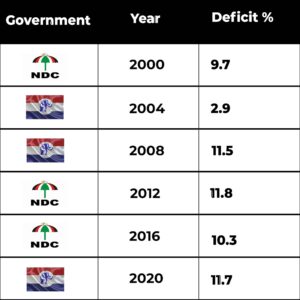
Last week, one of Ghana’s reliable research institute, the Institute of Statistical, Social, and Economic Research (ISSER), counseled the government to exercise fiscal restraint to preserve recent economic progress as the nation heads to elections in December.
The Institute flagged the risks posed by election-year spending on the country’s financial stability, stressing that fiscal discipline is critical to protecting improvements achieved this year in inflation, interest rates, and exchange rate stability.
ISSER projected “greater growth prospects” for 2024, noting that key macroeconomic indicators, including inflation, interest rates, and exchange rate depreciation, showed marked improvement over 2022 levels.
Professor Peter Quartey, ISSER’s director, underscored the importance of breaking from Ghana’s entrenched election-related spending cycles to ensure sustainable economic gains. “The true state of the economy will emerge in Q1 2025,” Prof Quartey cautioned, explaining that excessive spending during an election cycle can obscure economic vulnerabilities and delay essential reforms.
Historically, Ghana has faced inflationary pressures and fiscal deficits due to increased government spending in election years, a trend that ISSER’s report describes as a persistent challenge.
“Maintaining the current trajectory of improved macroeconomic indicators requires that we do not overspend or lose focus in an election year,” Professor Quartey emphasised.
ISSER further noted that by adhering to its IMF-backed recovery plan, Ghana could enhance investor confidence and establish a foundation for sustained growth.
Fiscal prudence in 2024, the institute contended, would allow the country to cultivate a stable economy that continues to benefit citizens beyond the election cycle.
Economy Times acknowledge the call for prudent spending by government to safeguard the economy and to also avert the cyclical election curse on the economy.